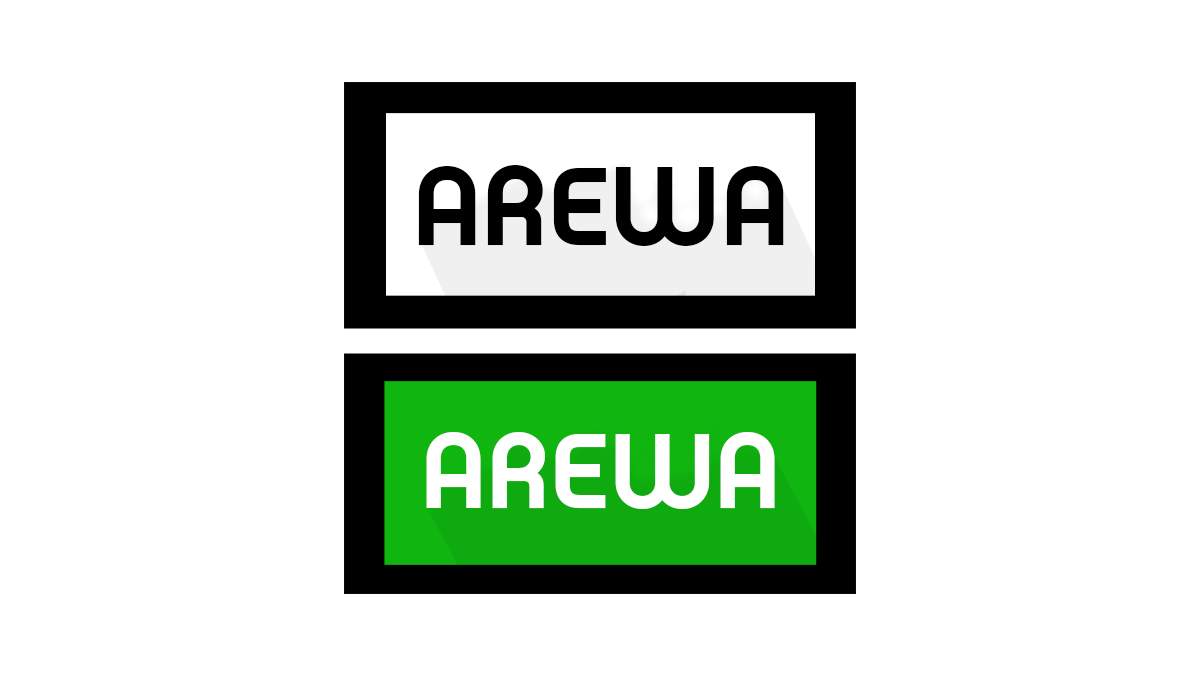Japan has announced its withdrawal from the International Whaling Commission (IWC), a move that will allow it to resume commercial whale hunts.
By withdrawing from the IWC it is longer able to do that, but will now have no limits on the number of whales it kills in its own territorial waters and exclusive economic zone..
That is bad news for the north Pacific minke whale, one colony of which lives in Sea of Japan, as well as the western Pacific grey whale. Their numbers are estimated at around 100, after they were hunted to near extinction in the 19th and 20th century by Japanese and Russian whalers.
Japan’s chief cabinet secretary Yoshihide Suga said: “We have decided to withdraw from the International Whaling Commission in order to resume commercial whaling in July next year.”
Mr Suga said: “Although scientific evidence has confirmed that certain whale species/stocks of whales are abundant, those member states that focus exclusively on the protection of whales…refused to agree to take any tangible steps towards reaching a common position that would ensure the sustainable management of whale resources.”
The announcement of Japan’s departure from the global body was widely expected, as Tokyo has repeatedly threatened to leave as far back as 2007.
The move attracted condemnation from conservation groups and is likely to provoke strong responses from anti-whaling countries such as Australia and New Zealand.
New Zealand’s foreign affairs minister Winston Peters said he was “disappointed” with the move, adding: “Whaling is an outdated and unnecessary practice.
“We continue to hope Japan eventually reconsiders its position and will cease all whaling in order to advance the protection of the ocean’s ecosystems.”
Australia urged Japan to return to the IWC “as a matter of priority”.
Its environment minister Melissa Price said: “Australia remains resolutely opposed to all forms of commercial and so-called ‘scientific’ whaling.”
It also means Japan joins Iceland and Norway as the only countries openly defying the IWC’s ban on commercial whaling.
Sam Annesley, executive director at Greenpeace Japan, said: “This is a grave mistake which is out of step with the rest of the world.”
Paul Watson, the founder of the anti-whaling activist group Sea Shepherd, said Japan would be declaring itself “a pirate whaling nation” by withdrawing from the IWC.
Whale meat was a staple of Japanese diets after World War Two, providing protein for an impoverished population but consumption has fallen dramatically since then.
According to government figures quoted by Kyodo News, around 200,000 tons of whale meat was consumed in Japan each year in the 1960s, but it has been around 5,000 tons in recent years.
But influential politicians in Japan have been pushing for the resumption of commercial whaling.
Among the IWC members, 41 are for whaling and 48 are against but its credibility has been clouded on occasion with allegations of vote buying on both sides.
The commission was established in 1948 under the International Convention for the Regulation of Whaling to conserve whale populations.




